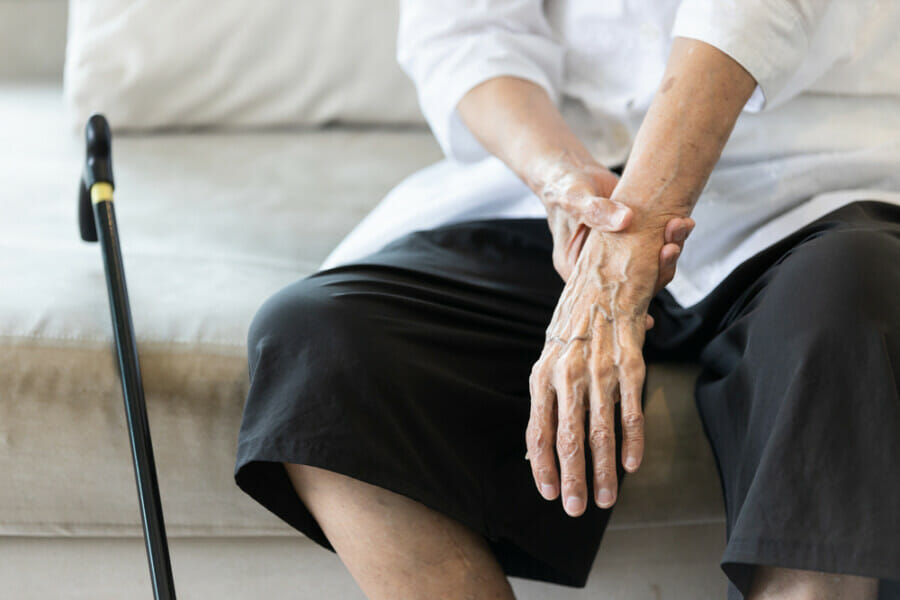Practical Advice for Individuals Living With Essential Tremor
If you are dealing with essential tremor, it’s important to note that while the condition is not life-threatening, it can significantly impact daily life. Many individuals with essential tremor find it challenging to perform everyday tasks without assistance, leading to feelings of embarrassment and isolation. Coping with essential tremor can be difficult, but there are strategies to help manage symptoms effectively. Here are five tips for individuals living with essential tremor that may aid in symptom reduction.
1. Incorporate Stress-Relief Practices
Engaging in relaxation techniques can play a crucial role in enhancing overall well-being and promoting a sense of vitality as you age.
Relaxation methods can help alleviate essential tremor symptoms exacerbated by stress, anxiety, and agitation. By practicing relaxation, you may experience reduced shaking and improved ability to carry out daily tasks unimpeded. Consider activities like meditation, yoga, hot baths, and counseling to acquire additional stress management tools that can benefit you.
2. Limit Alcohol Intake
Alcohol consumption can interfere with essential tremor medications and may increase the risk of alcohol dependency when combined with these medications.
It is advisable to abstain from alcohol to maximize the effectiveness of your medication and avoid potential addiction issues. Additionally, beta-blockers can be an alternative for managing tremors and facilitating social interactions. Consult with your healthcare provider to explore potential supplement options for symptom alleviation.
3. Minimize Caffeine and Stimulants
Reducing body tension is essential for effectively managing essential tremor. Avoiding caffeine and stimulants can help prevent restlessness, anxiety, and agitation.
Steer clear of caffeinated beverages like tea, chocolate, and soda to minimize these effects. Energy drinks and other high-caffeine beverages should also be avoided as they can exacerbate tremors and disrupt sleep patterns. Opt for caffeine-free teas to help reduce anxiety levels.

4. Prioritize Quality Sleep
Inadequate sleep can worsen tremors. Ensuring a peaceful sleep environment is crucial to achieving the restorative rest needed to alleviate symptoms during the day.
Emphasize the importance of quality sleep to potentially reduce tremors. Keep your sleeping area dark to minimize external distractions and optimize your sleep quality. Quality sleep can contribute to reduced tremor intensity and overall well-being.
5. Use Napkins and Weighted Bracelets
Prevent tremor-related noise by placing a napkin under glasses to reduce shaking and rattling. Consider wearing a weighted bracelet to provide additional support to your hands, potentially reducing tremor intensity.
















